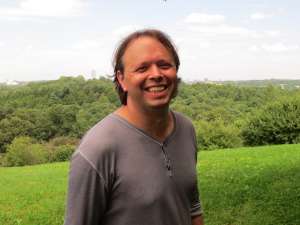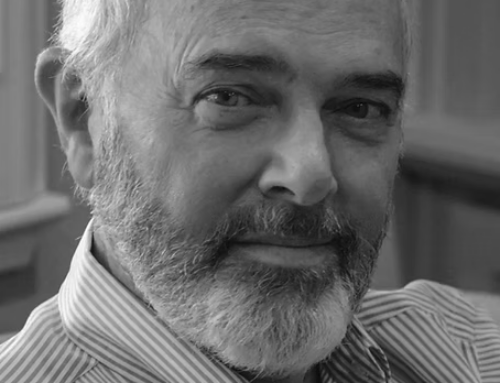
I write novels that aim to evoke the journey of self-discovery in a dramatic and emotionally cathartic way. I am inspired by various methods of inner exploration such as dream-work and shamanism, wherein one makes the inward plunge and then shares the fruits of that adventure with the wider community. This, to me, is the essence of art.
What did you learn on your journey as an author?
One of the most gratifying parts of the process for me was when I started getting reader responses and reviews and realized that so much of what I’d hoped to convey through the scope of the story had actually gotten through to people. It was a huge affirmation for me to see that I’d been right in trusting my instincts and following my passion for the work.
Tell us about your book.
There are two main threads running through this book, and the entire series to which it belongs. On one level it relates the history of a band, a ground-breaking group possessing such originality and creative force that they eventually become a cultural phenomenon. This is offered up in the form of a memoir by founder member and wild visionary of the group, Brandon Chane.
In the process, Brandon also relates the inner journey through which he came to realize that he is the creator of his own reality. He accomplishes this with the help of his mentor, Saul, who is described as a crisis counselor with the soul of a medicine man. Brandon is very conflicted and troubled at the onset of the story, but because of the self-awareness that he reaps through his spiritual journey he is able to sidestep the self-destructive trap that so many other artistic visionaries fall victim to. He realizes not only his musical dreams but also inner peace and fulfillment on the human level.
As a writer, what is your schedule? How do you get the job done?
I tend to be inspired in quick, intense bursts, and I try to arrange my schedule to accommodate this natural tendency as much as possible. I weave my writing time throughout the day, seldom working for more than twenty minutes or so at a stretch. I also like to work in different settings (cafes, diners, outdoor trails and parks, as well as home) to give my mind fresh stimulus and afford my body some movement – walking from place to place – between creative bouts.
What was your steepest learning curve during the publishing process?
I had very clear visual ideas that accompanied the narrative, and because of this I thought that I could design good covers for the books by myself. I had to learn the hard way that, in this area, I needed help. I hadn’t fully appreciated, at the onset, the difference in basic principles between e-book design (where it’s crucial that your images and text translate well into thumbnail images) and covers for printed books.
Tell us about the genre you wrote in, and why you chose to write this sort of book.
My books fall within the genre of visionary and metaphysical fiction; and this medium allows me to explore two themes that I’m most passionate about: Music (and, in the larger sense, artistic creation) and spirituality.
Who are your biggest writing inspirations and why?
Brandon Chane’s memoirs move with the natural cadences of human speech, so I was inspired by writers like Jack Kerouac and Charles Bukowski, who write in a a tone that is conversational even when it reaches for a poetical vernacular. I was first gripped by the idea of using fiction to evoke the inward journey when I read Stephen R. Donaldson’s “The Chronicles of Thomas Covenant the Unbeliever”. The spiritual/metaphysical underpinnings of my work are greatly influenced by Jane Roberts’ books, particular those collectively known as “The Seth Material.”
What are your plans now your book is published?
I’m not sure how long this series will run, but the main story arc for the next installment has already begun to crystallize in my mind. It will be told in a different voice, from the perspective of another major character in the saga.
How do you deal with writer’s block?
My characters’ voices usually spring to life early on in the writing process, and I seldom have any problems so long as I allow the writing (which often feels more like recording) to flow when it needs to without trying to tie it down to a narrow schedule. I’ve only ever felt blocked when I was staring at a blank page or the screen, trying to dredge up the words.
What have you learned from this experience?
Writing this story really affirmed for me the truth of what my character Saul says: “We are the authors of this dream”. Our destinies are ours to shape.
Why did you write about this particular subject?
I’ve been fascinated by the creative process for virtually my entire life, and have read countless books about various visionary writers, musicians, painters, poets, etc. I so often found myself asking, “Why do so many of these people end up destroying themselves – dying young, or leading lives filled with suffering? Is it necessary?” It occurred to me that this could be a central question to explore in my own books.
Links
Author Site
Facebook
Amazon
Goodreads
Get an Editorial Review | Get Amazon Sales & Reviews | Get Edited | Get Beta Readers | Enter the SPR Book Awards | Other Marketing Services























Leave A Comment